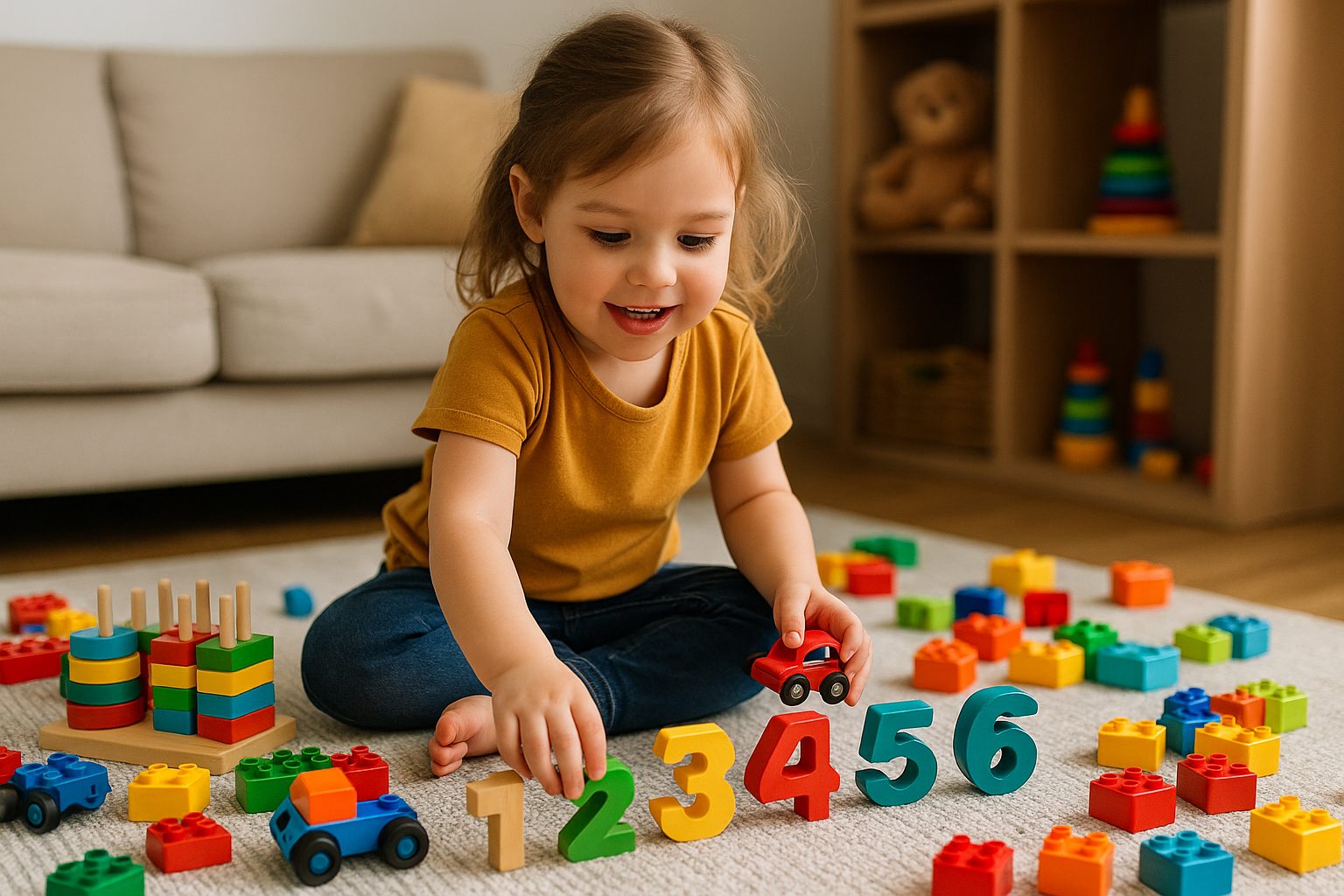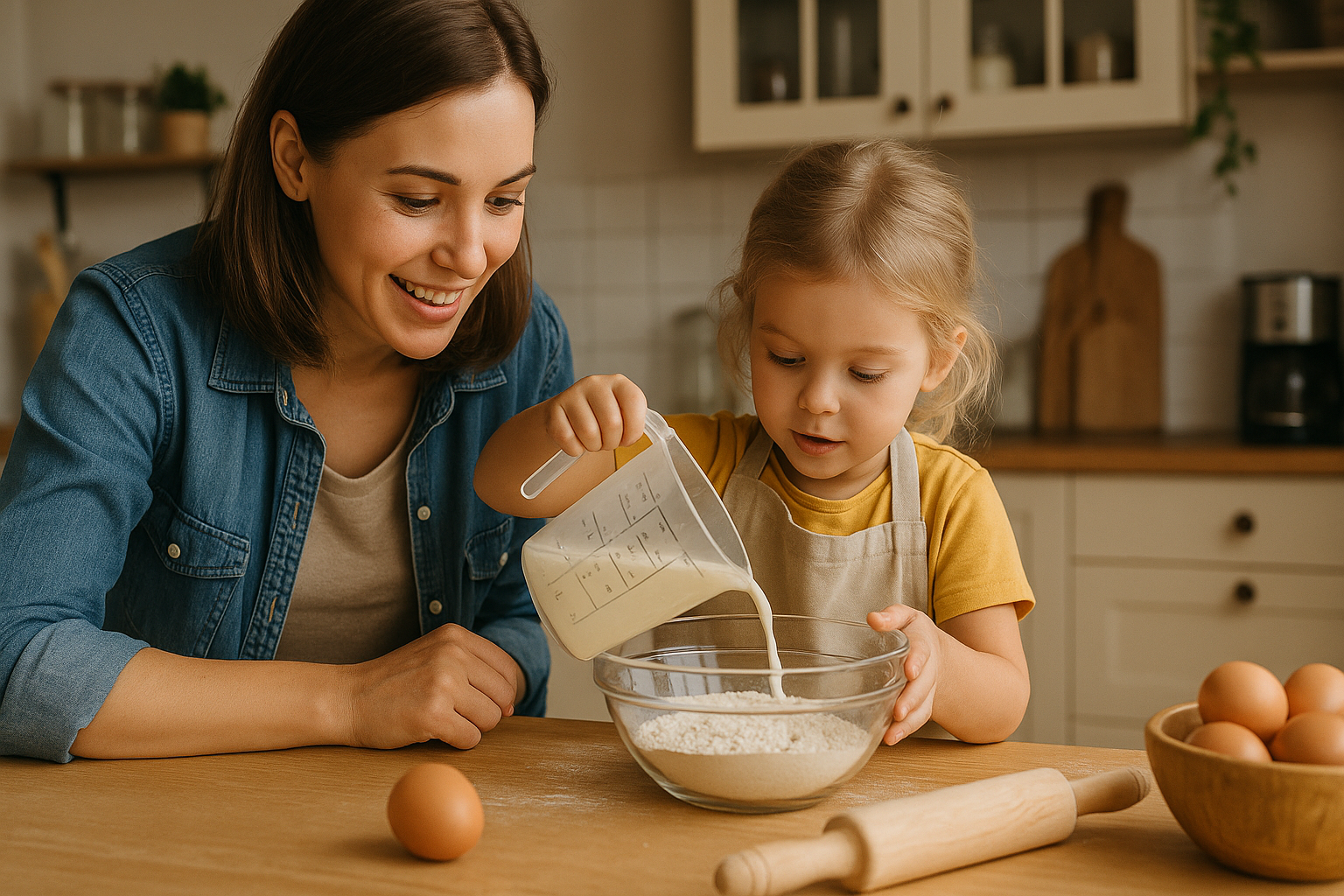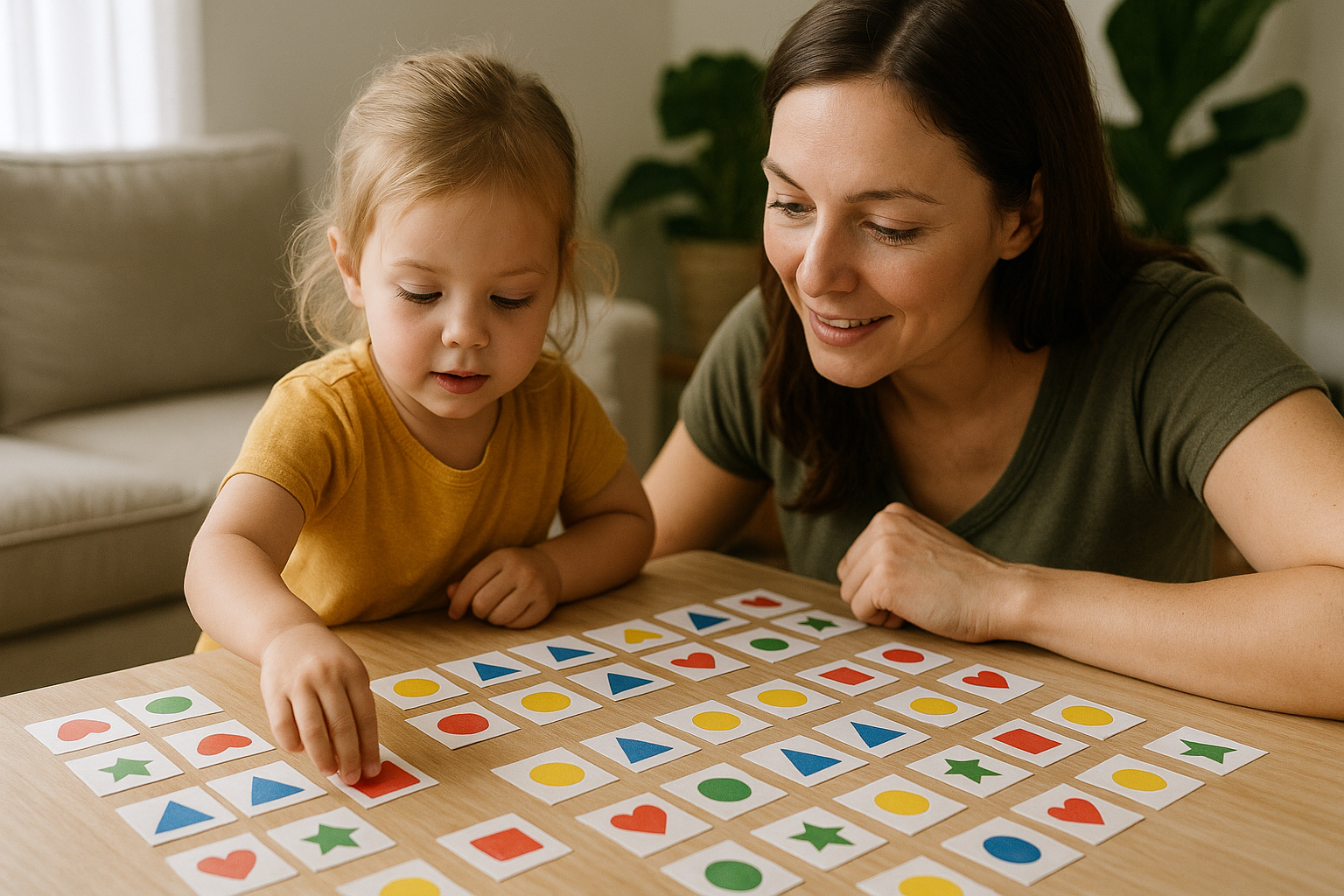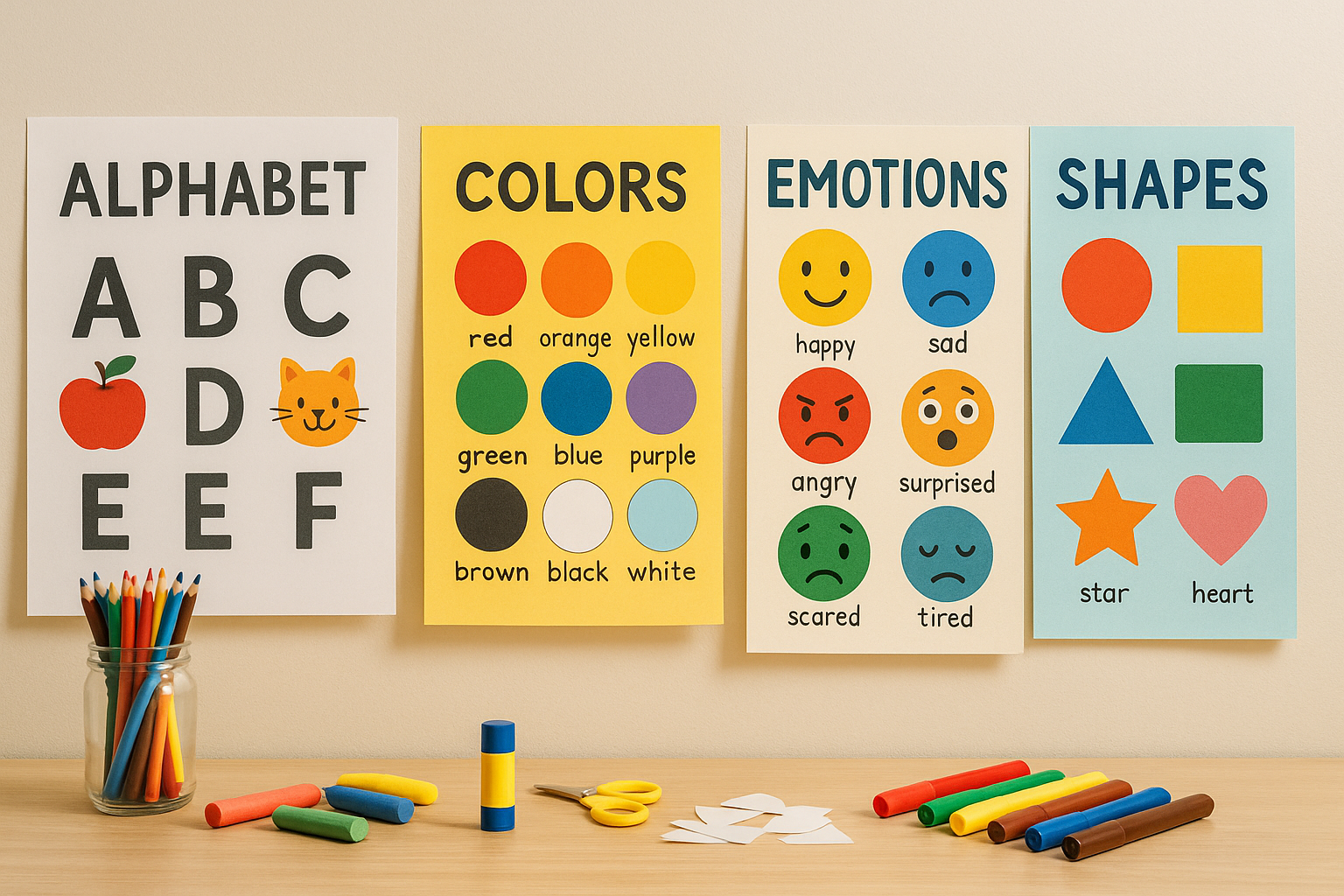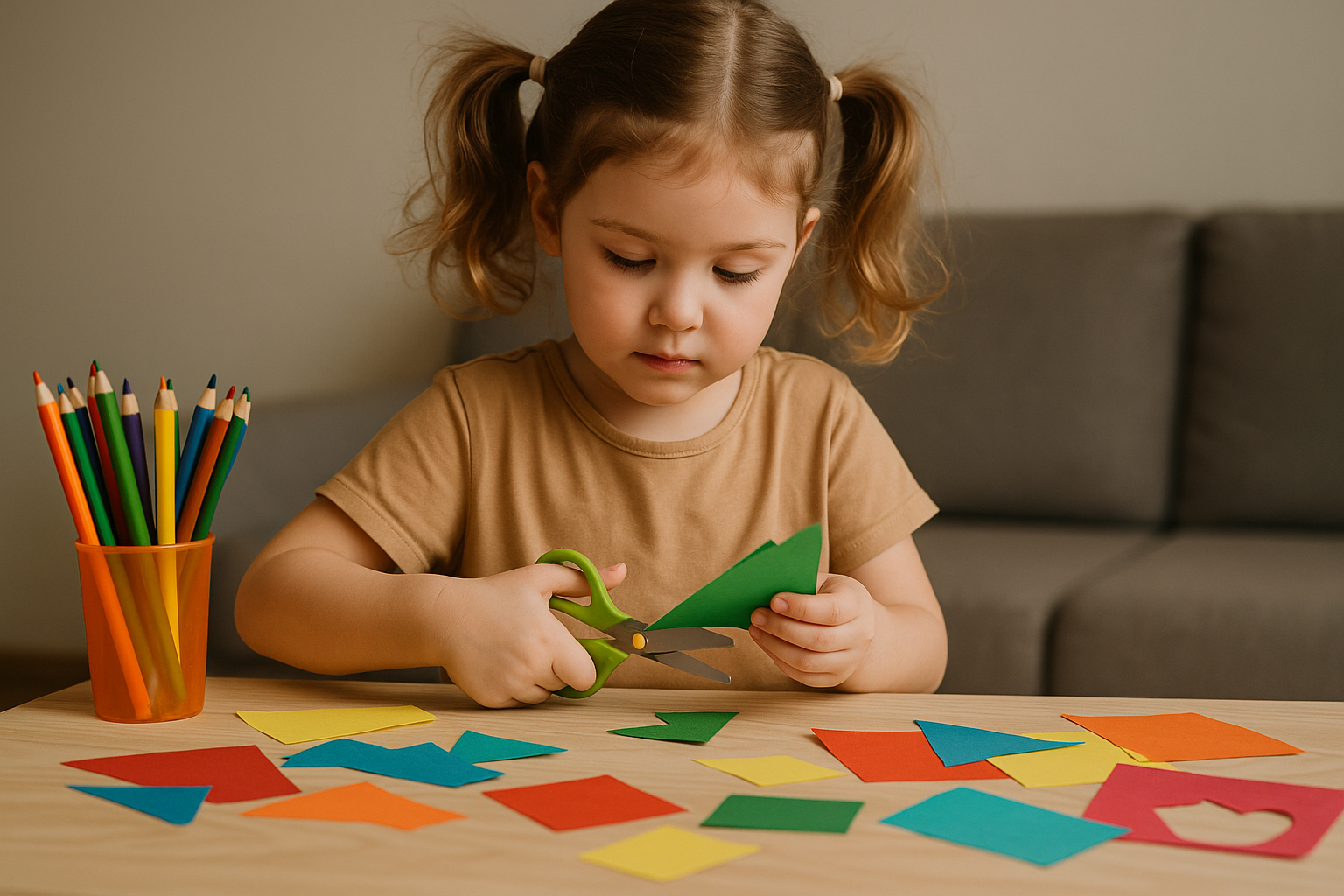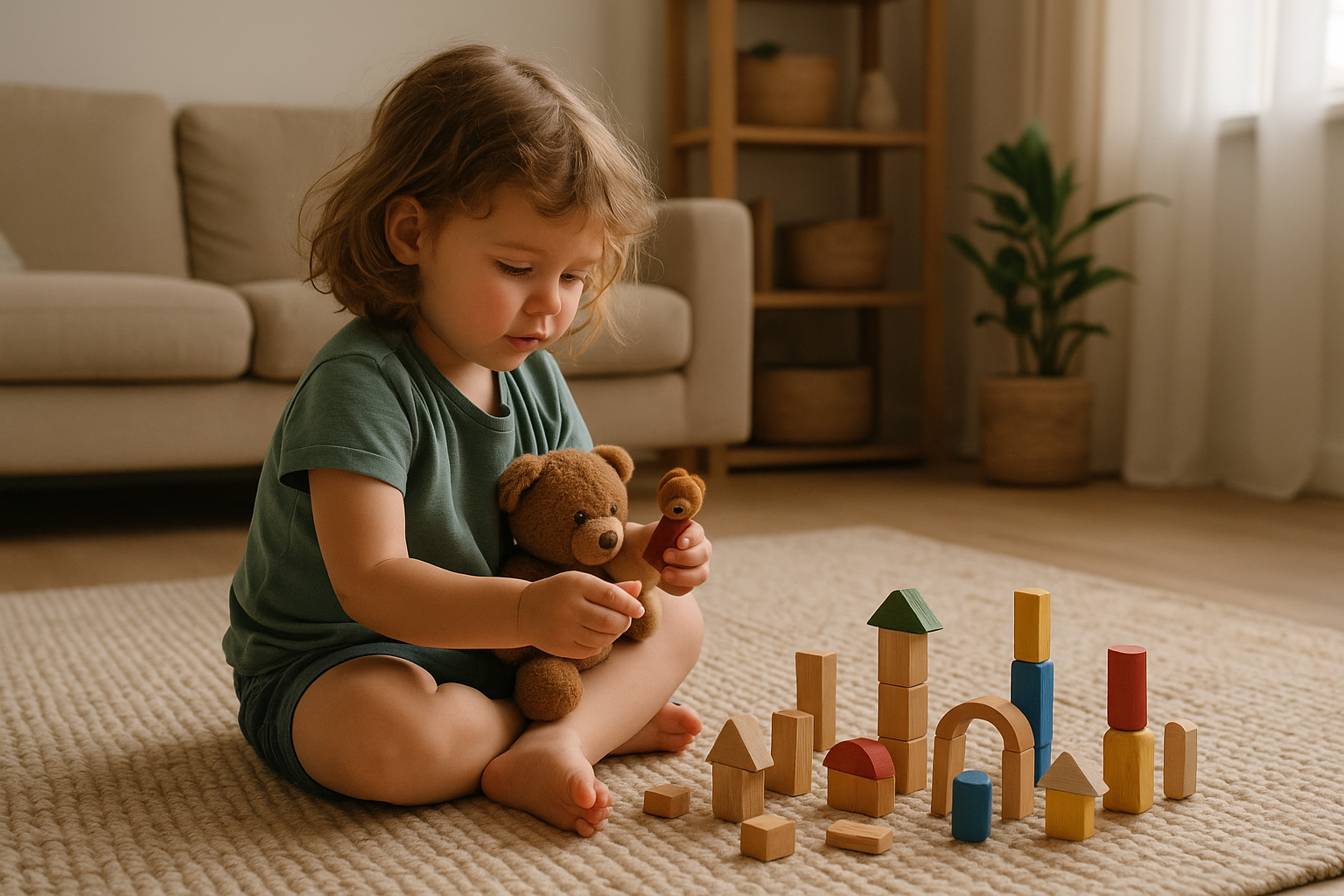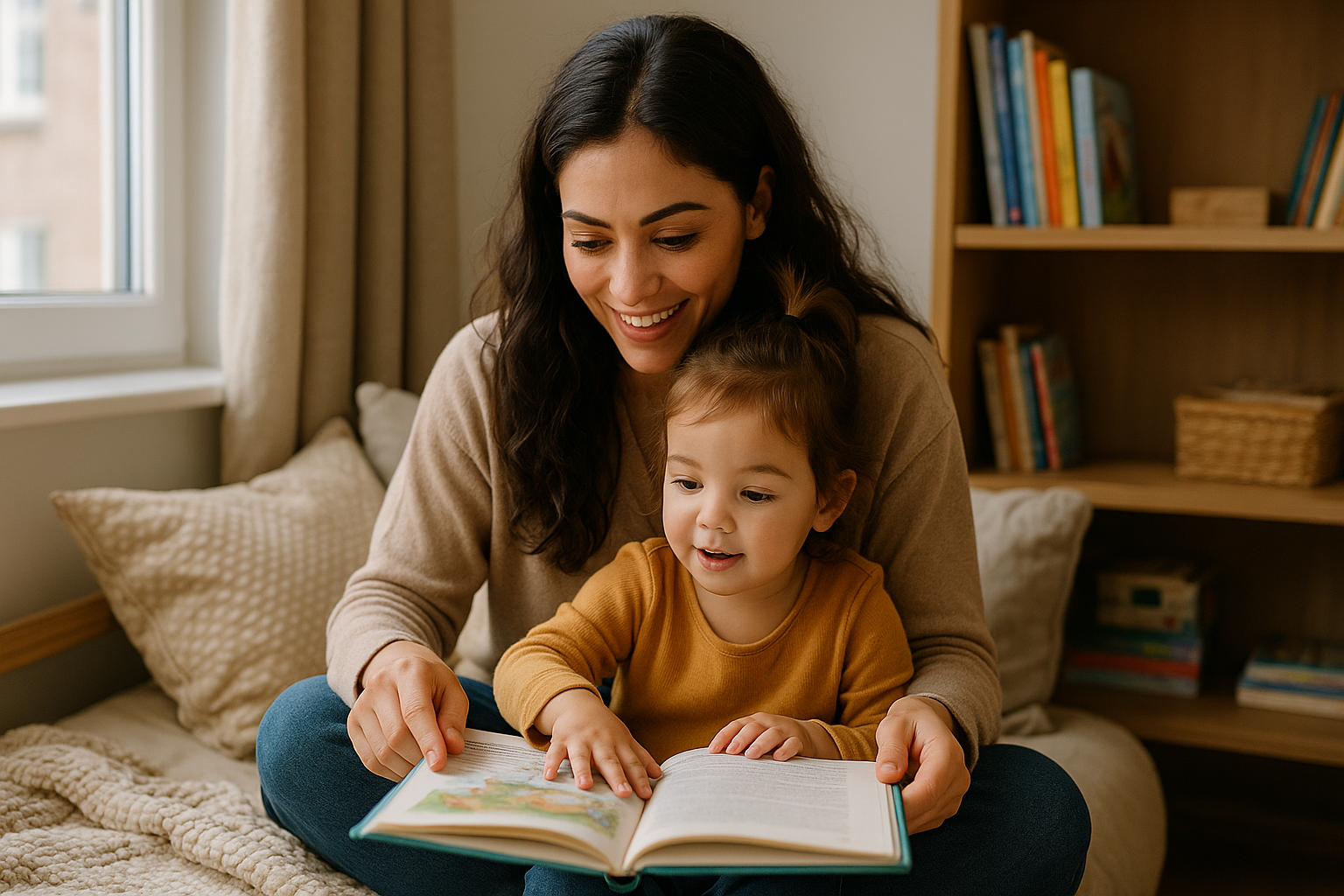Tips for Teaching Math with Toys at Home
Math doesn’t have to mean flashcards and worksheets. In fact, one of the most effective and enjoyable ways to teach early math concepts is through play—especially with toys children already love. From building blocks to cars and dolls, everyday playthings can be transformed into powerful tools for learning numbers, patterns, shapes, and problem-solving. In this … Read more
